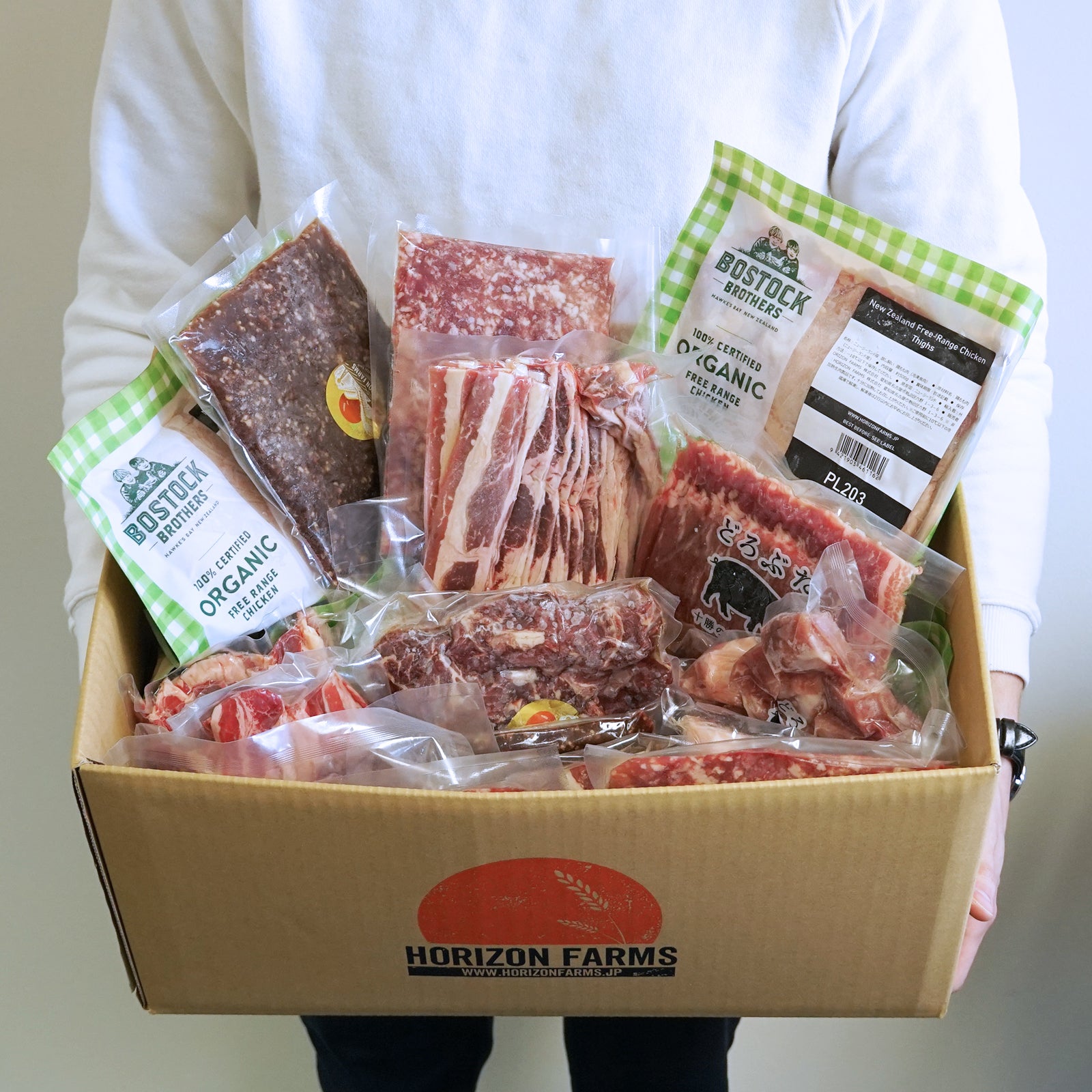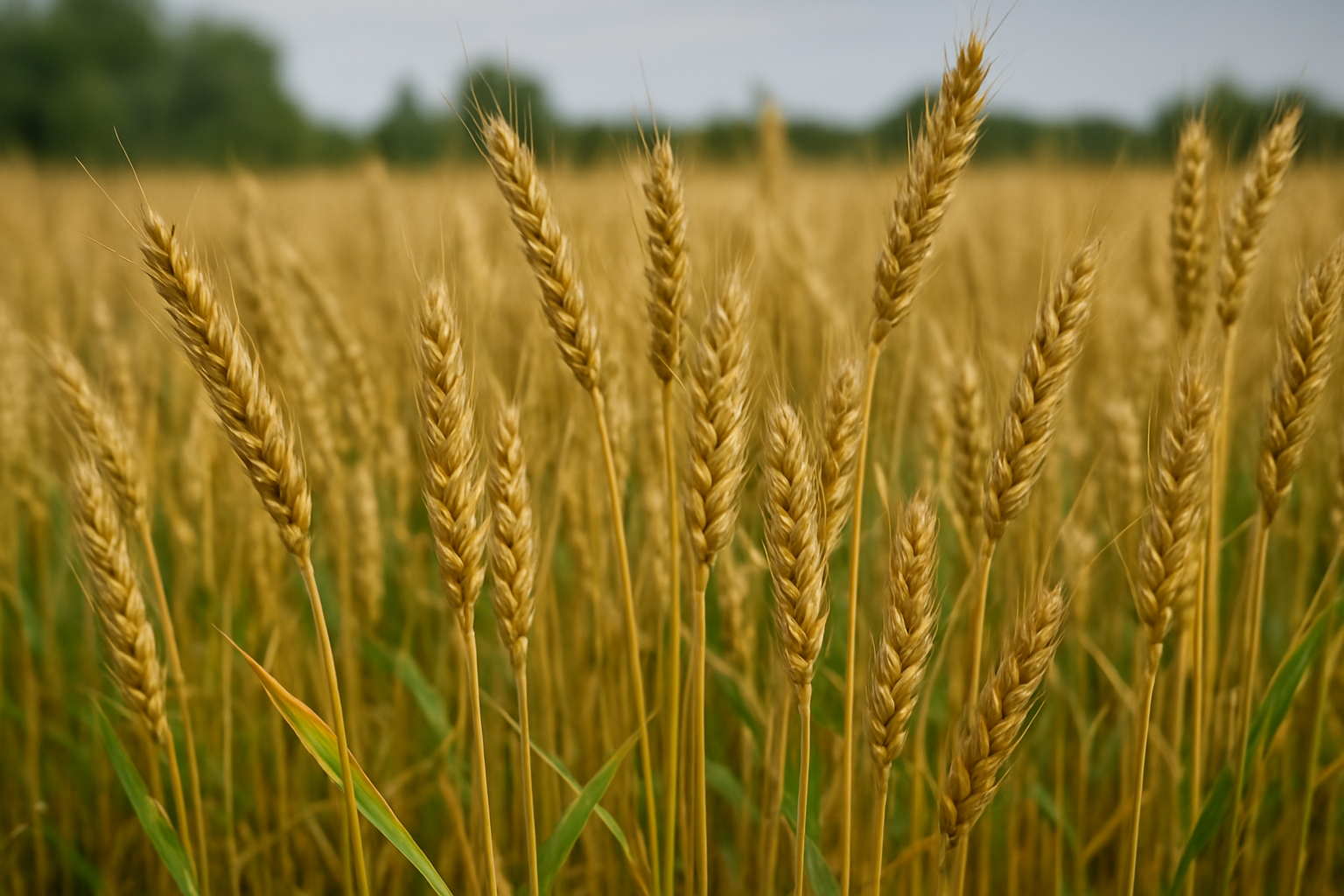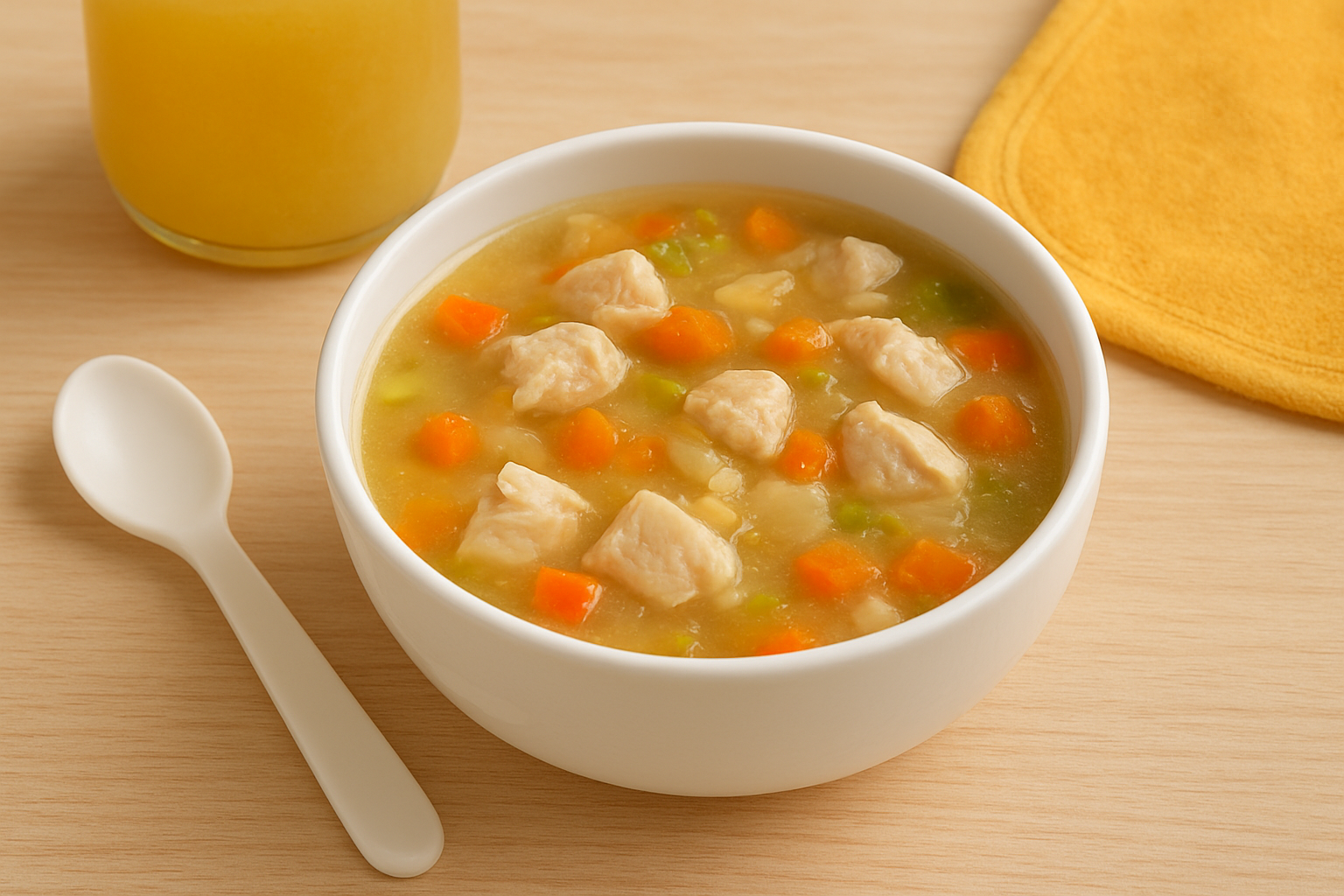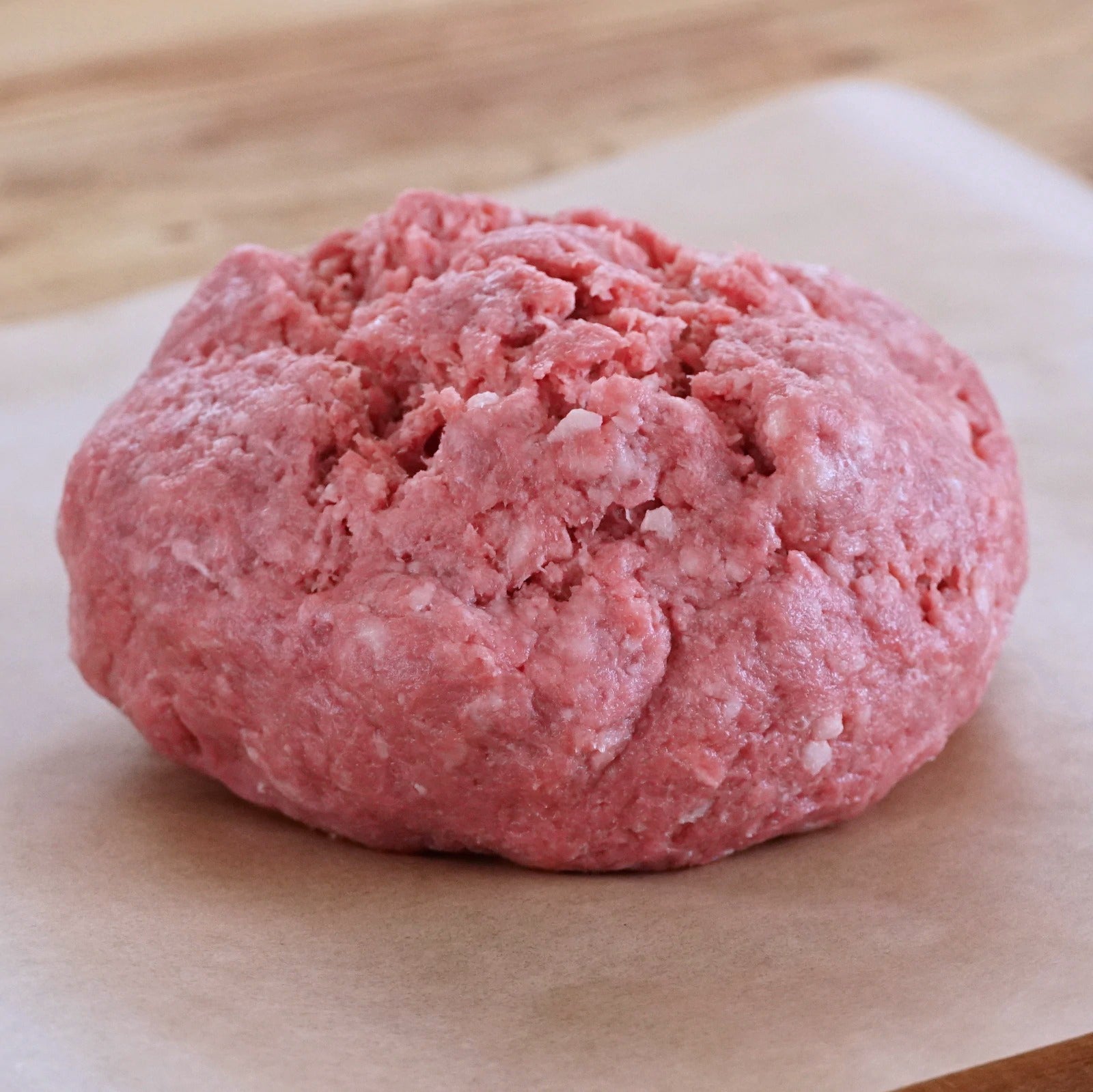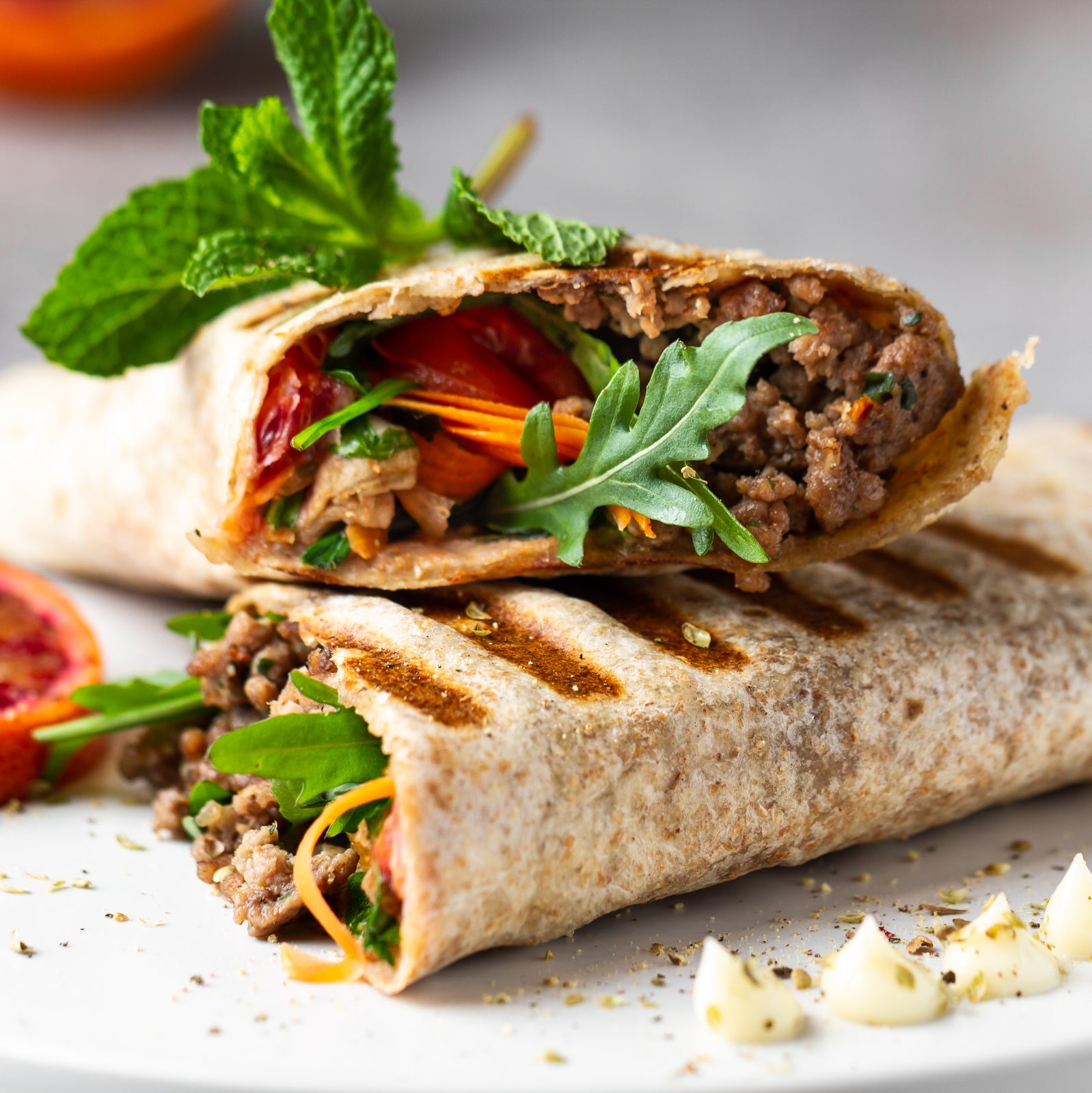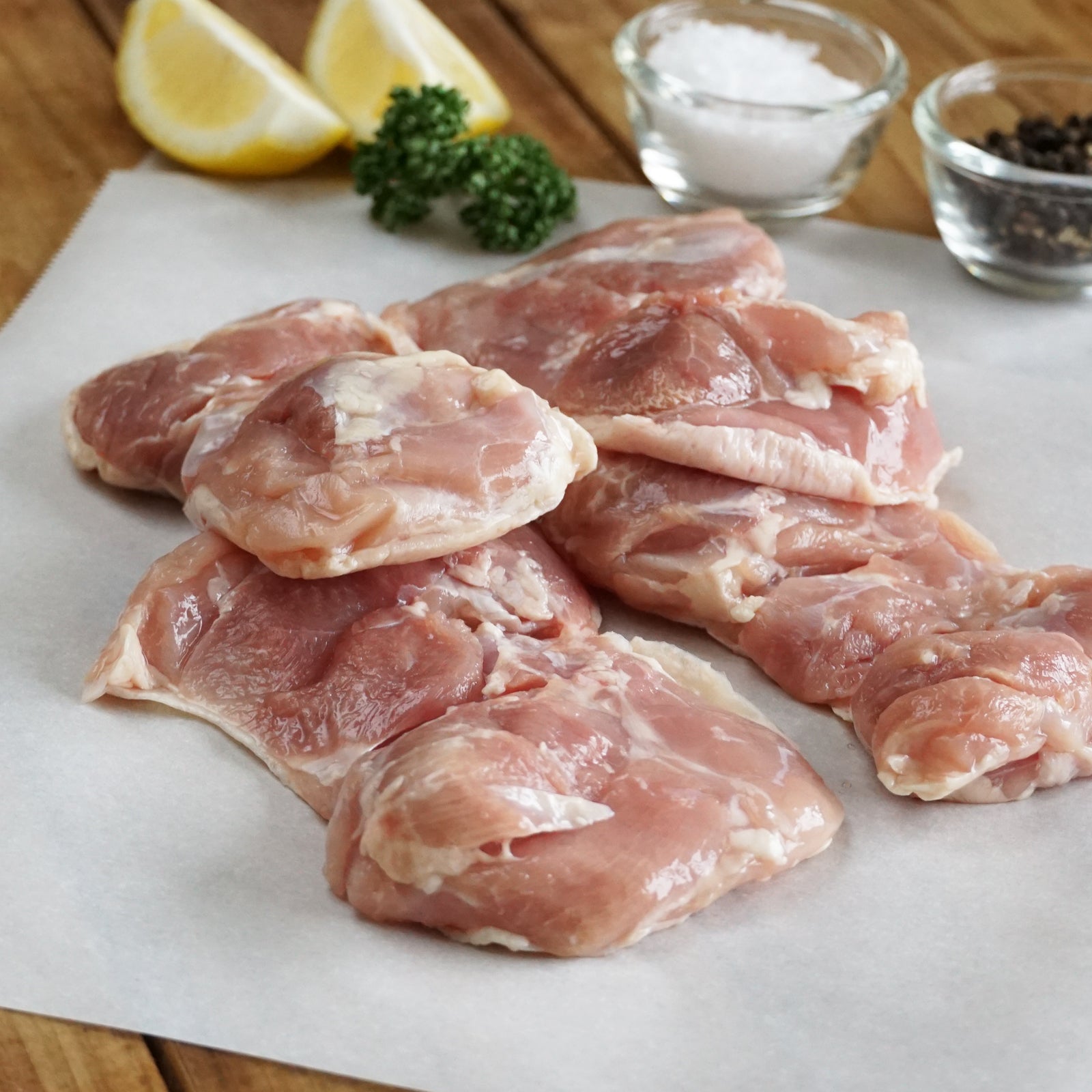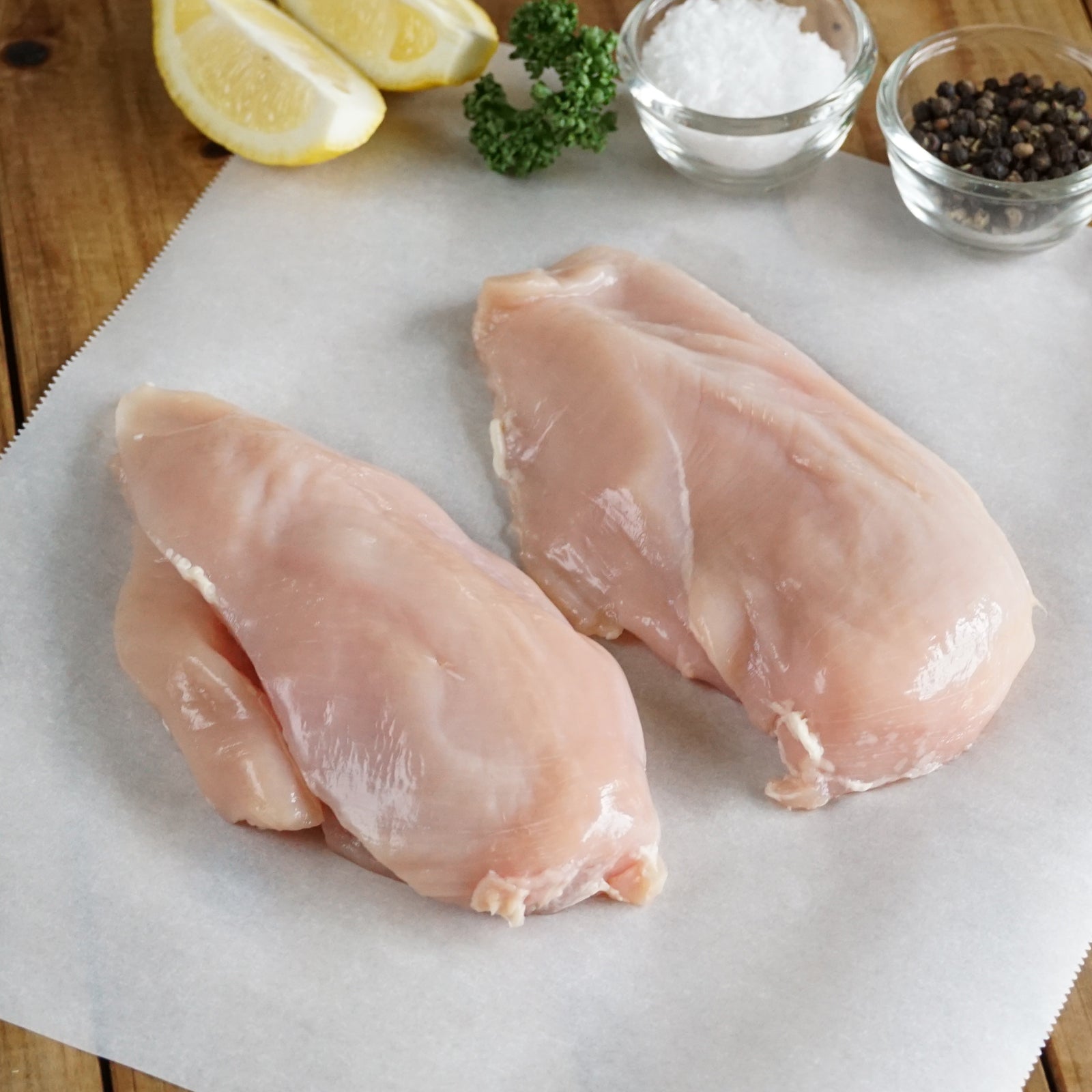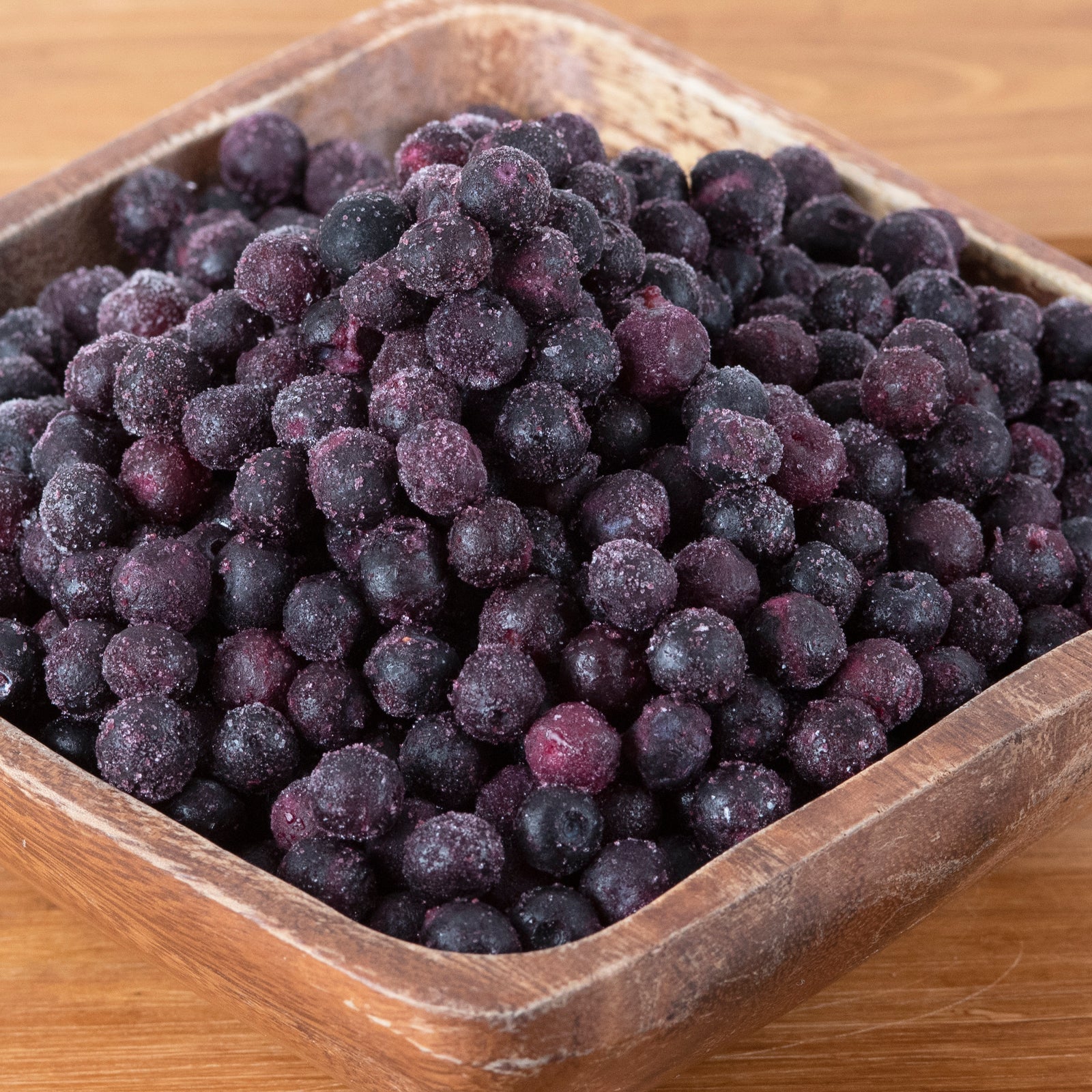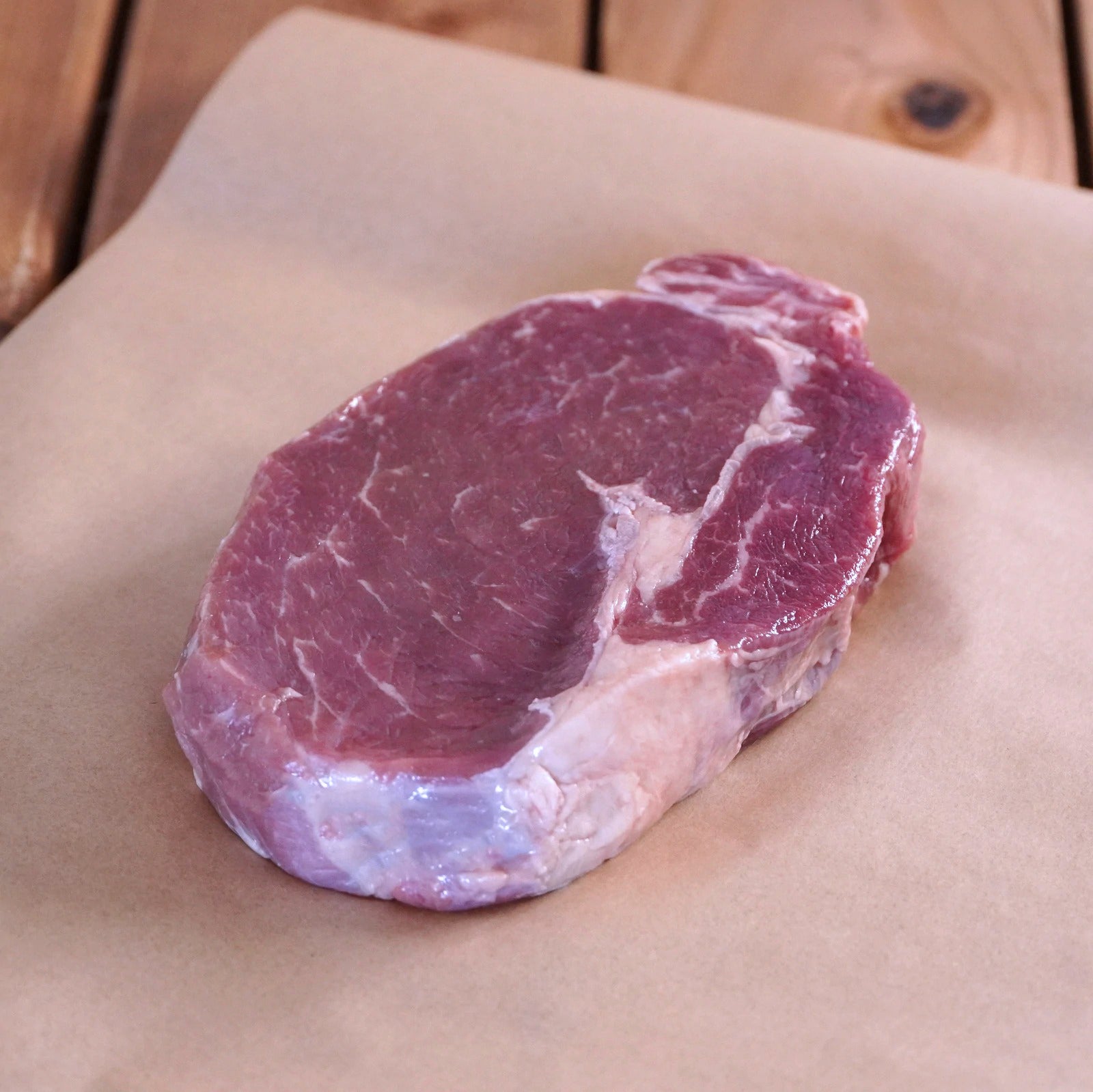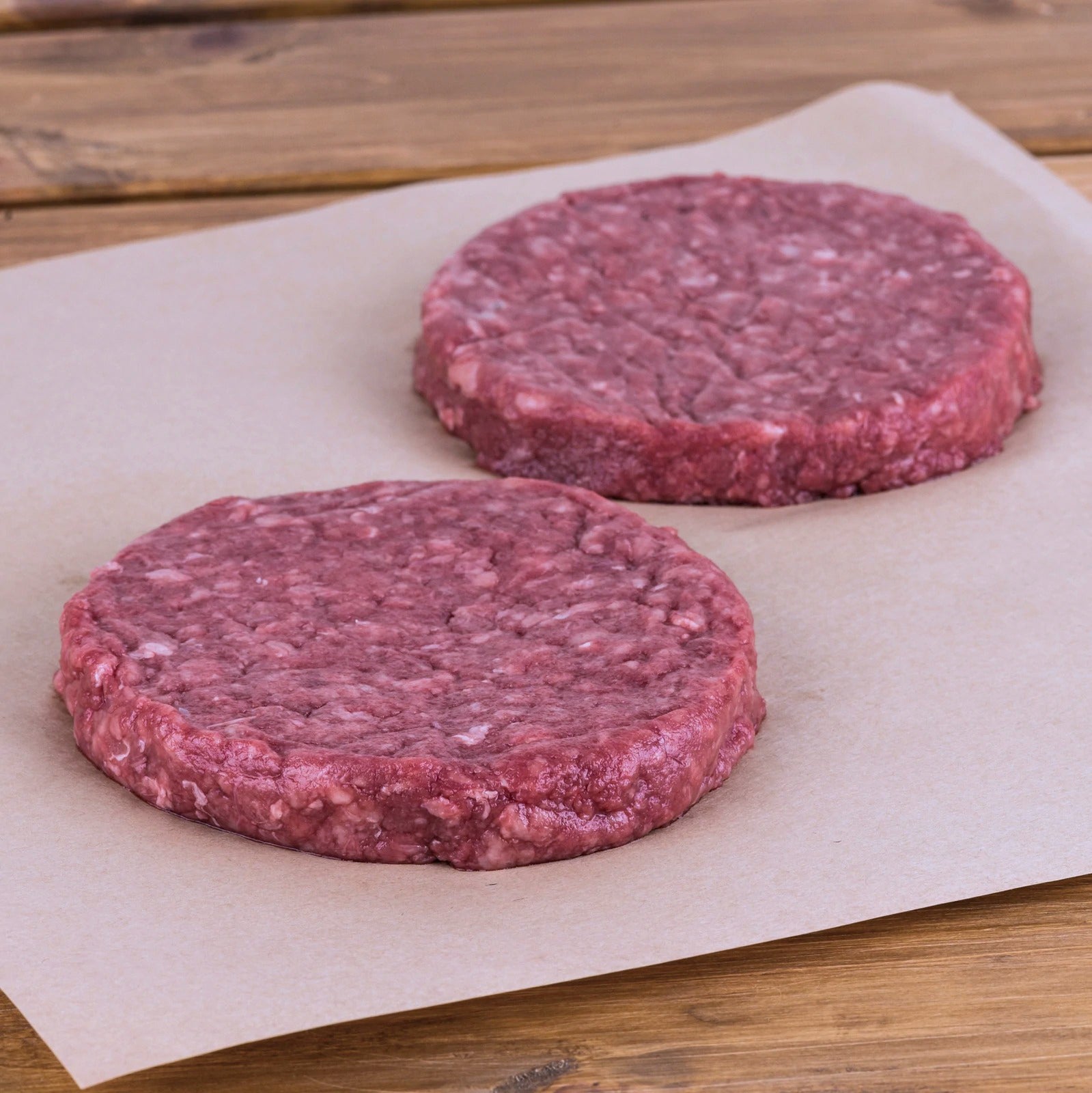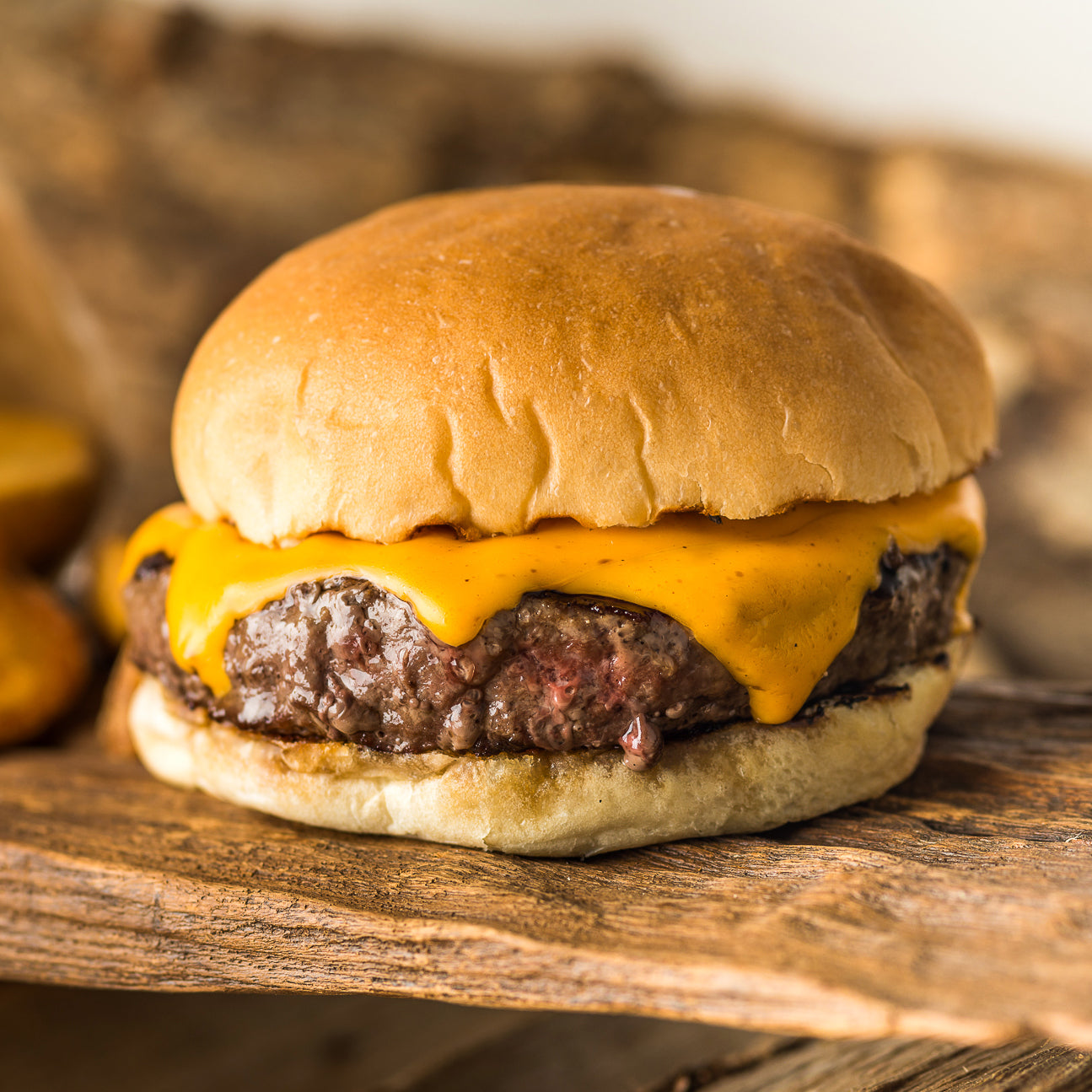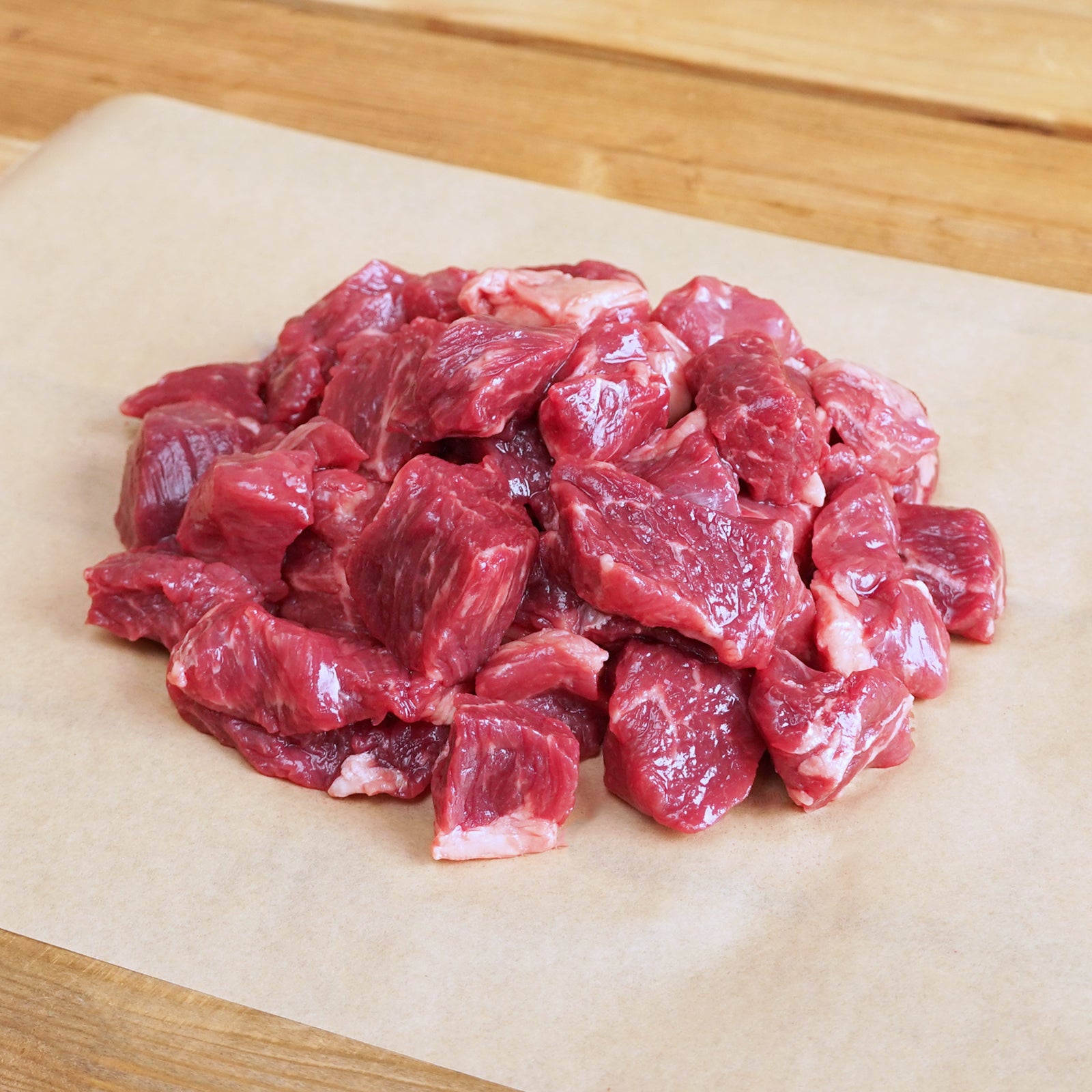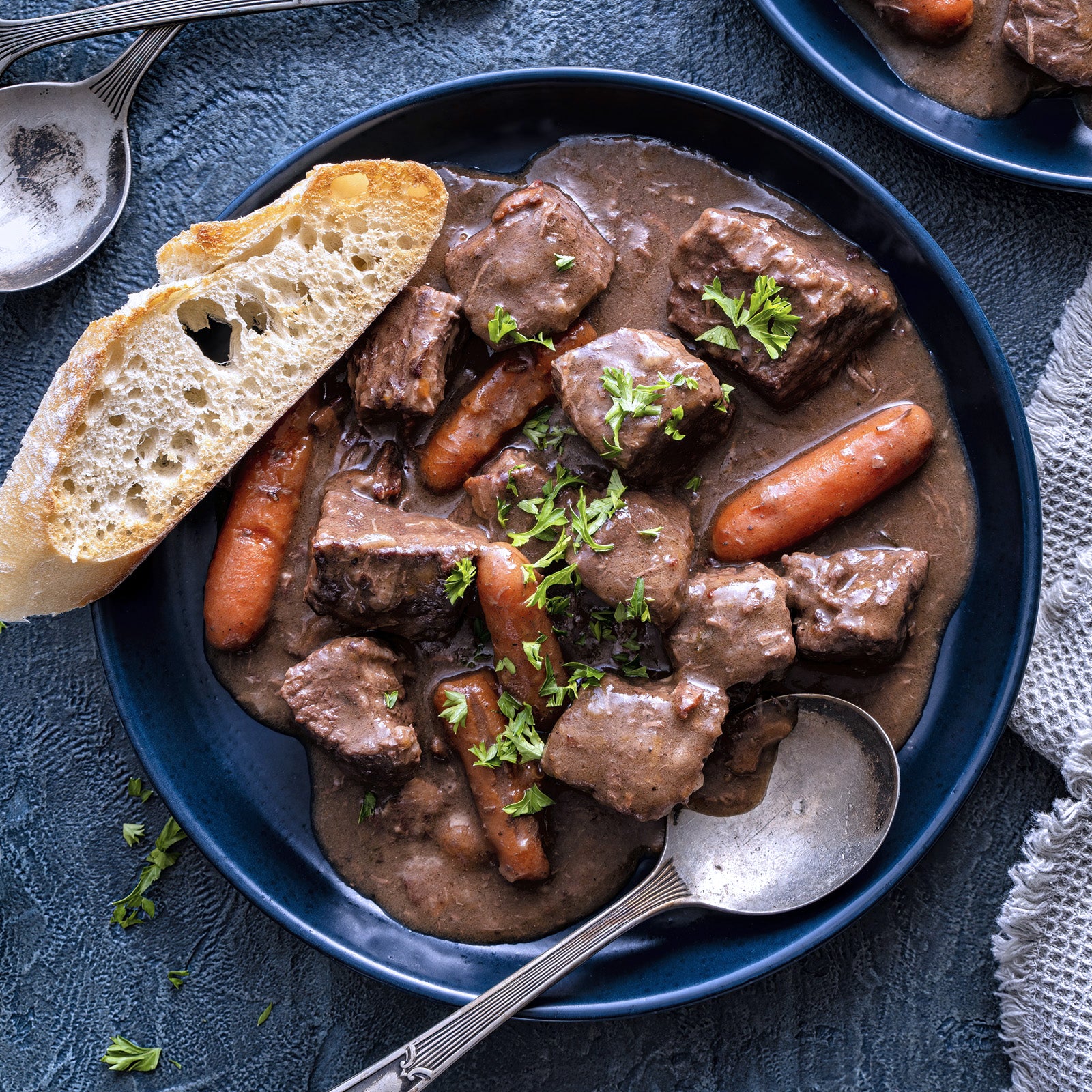What is BPA?
BPA (Bisphenol A) is a chemical compound that has long been used in plastics and inner linings of canned goods. Prized for heat resistance and durability, it has been widely utilized in food containers and packaging materials alike.
In recent years, some studies and health organizations have raised concerns about BPA as a potential endocrine disruptor - a substance that may interfere with the body’s hormones. As a response, many countries in Europe and North America have begun to restrict BPA use in baby products and food containers. In Japan, usage still varies greatly from one company to another.
In spite of these changes, current research on BPA is not yet conclusive. Moving forward, it will remain critical to stay informed and make careful choices about the things we use, rather than overreacting or making decisions based on fear.
Things to Know About BPA & Canned Goods
Canned goods typically have a thin inner coating of resin to prevent rust or corrosion of the metal. In some cases, this inner coating contains BPA, which has naturally led to many concerns especially in regards to acidic foods. Due to their acidity, there is a slight risk that BPA could leach into the food, particularly during storage or heating.
In response to these concerns, BPA-free cans have become increasingly common around the world. Many manufacturers now use resins that don't contain BPA or have switched to safer alternative materials altogether. As a result, more and more BPA-free canned products are becoming available for easy, worry-free shopping.
Horizon Farms BPA-Free Canned Goods
At Horizon Farms, we carefully select our products based on one simple question: “Is this something we’d confidently serve to our own families?” This principle guides every choice we make, including our approach to canned goods.
Because of this, we err on the safe side and prioritize products that use BPA-free packaging to ensure a safe and worry-free shopping experience. For example, our canned tuna and sardines are packed in cans lined with BPA-free coatings.
Check out our BPA-Free Canned Fish here.
Moving Toward a BPA-Free Lifestyle
BPA isn’t limited to food packaging. It can also be found in storage containers, baby bottles, lunch boxes, and many other household items. Here are a few simple changes that can help you make confident choices:
- Switch to BPA-free containers, especially any that are used in the microwave
- Check material labels when buying baby products and tableware
- When purchasing canned foods, look for “BPA-free” labels and buy from trusted sources
In addition to BPA, staying informed about other additives and packaging materials, and making it a habit to read product information, can help you build a safer, healthier lifestyle.
Summary: Knowledge and Careful Selection
It remains uncertain whether BPA automatically means “danger,” but having a knowledge of the situation will certainly allow you to make more informed and confident choices.
At Horizon Farms, we value trust built on transparency and aim to deliver both safety and great taste in every product we offer.
Disclaimer: Please note that while our explanations are accurate, they are simplified for brevity and understanding. We encourage you to do further research on the topic.
Sources
- Bisphenol A. European Food Safety Authority (EFSA). (n.d.).
https://www.efsa.europa.eu/en/topics/topic/bisphenol - Commission adopts ban on bisphenol in food contact materials. European Commission. (2024).
https://food.ec.europa.eu/food-safety-news-0/commission-adopts-ban-bisphenol-food-contact-materials-2024-12-19_en - Human Exposure to Bisphenol A in Europe. European Environment Agency (EEA). (2024).
https://www.eea.europa.eu/publications/peoples-exposure-to-bisphenol-a - The EU has banned BPAs: here’s what you need to know about this common, toxic compound. The Conversation. (2025).
https://theconversation.com/the-eu-has-banned-bpas-heres-what-you-need-to-know-about-this-common-toxic-compound-255241 - The EU Banned BPA and Other Bisphenols in Food-Contact Materials. Plastics Engineering. (2025).
https://www.plasticsengineering.org/2025/06/the-eu-banned-bpa-and-other-bisphenols-in-food-contact-materials-009162/ - What cans contain no BPA? Organize for Living. (n.d.).
https://organizeforliving.com/what-cans-contain-no-bpa/ - (Japanese) Information on food additive labeling. Consumer Affairs Agency, Government of Japan. (n.d.).
https://www.caa.go.jp/policies/policy/food_labeling/food_sanitation/food_additive/ - JAS Organic System. Ministry of Agriculture, Forestry and Fisheries of Japan (MAFF). (n.d.).
https://www.maff.go.jp/e/policies/standard/specific/organic_JAS.html
- Animal Welfare Guidelines. MAFF, Japan. (n.d.).
https://www.maff.go.jp/e/policies/animalwelfare/animalwelfare.html


